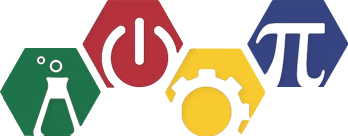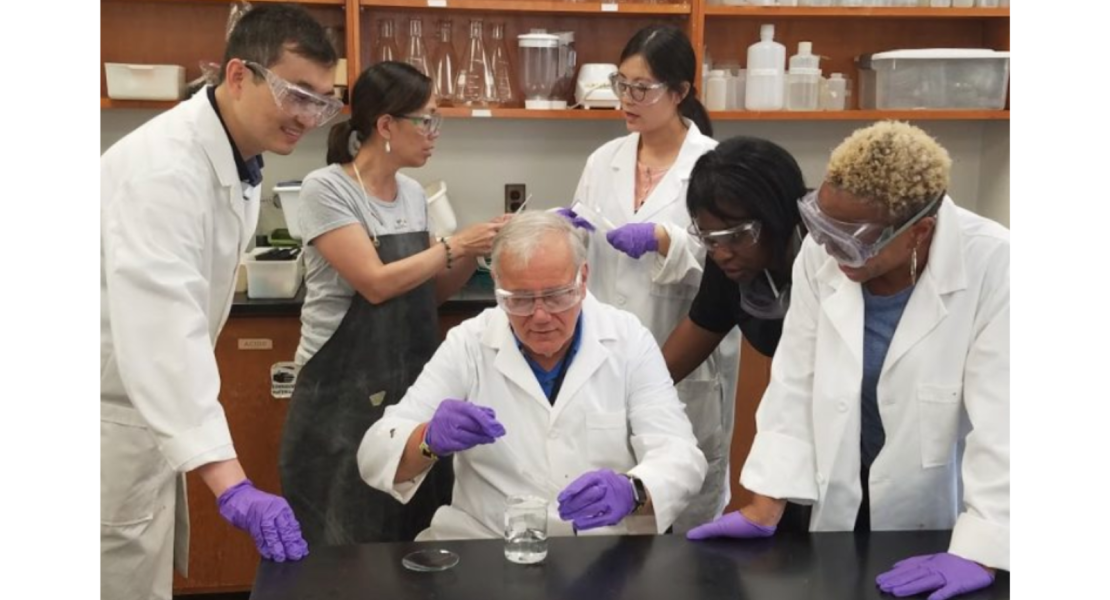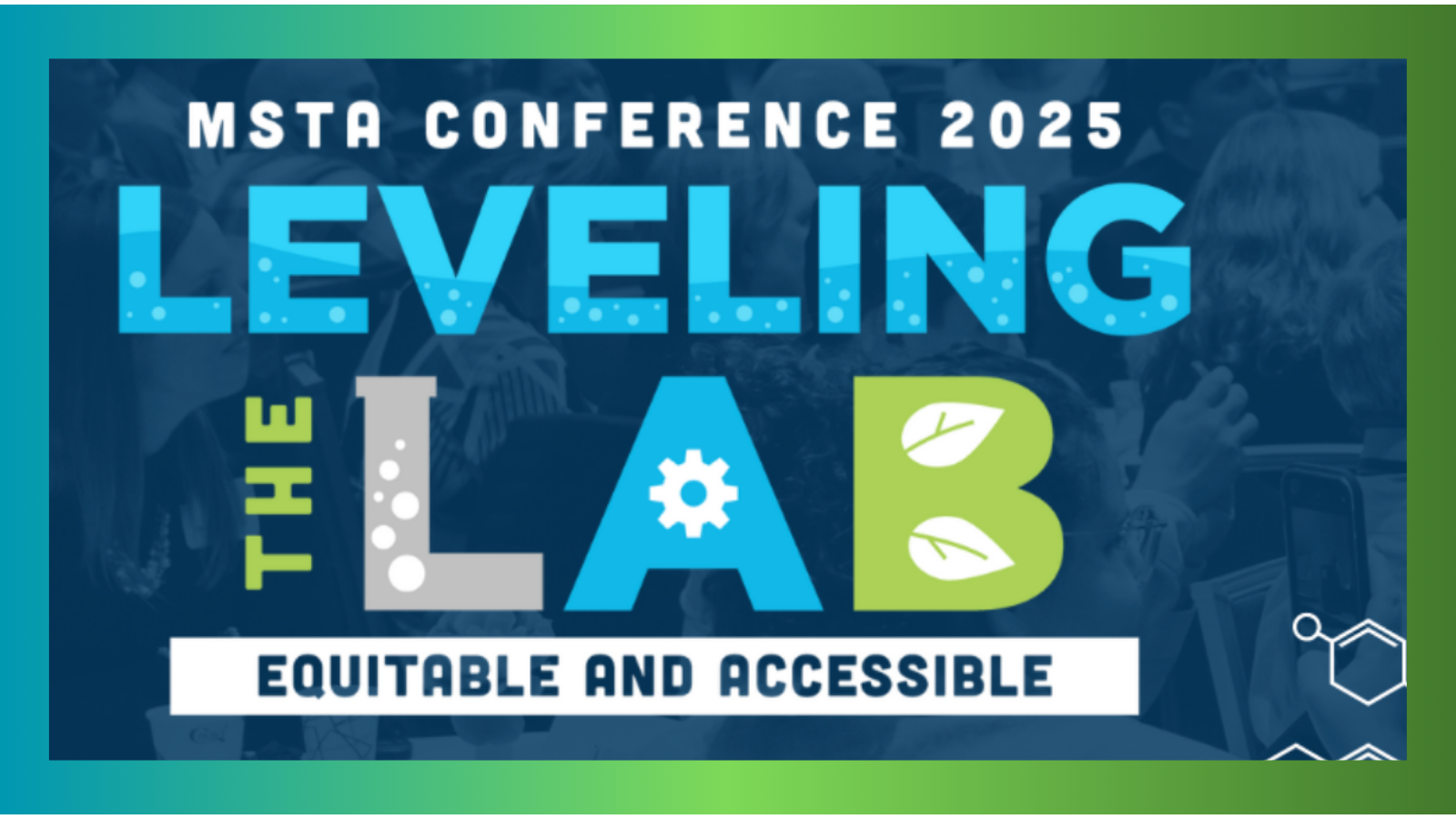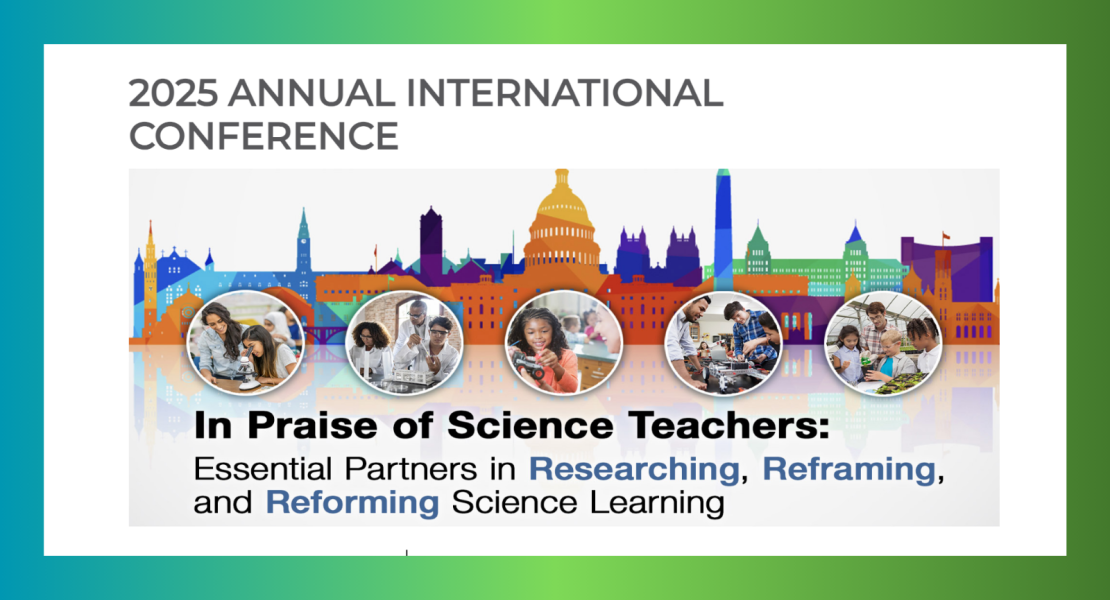He, P. Shin, N., Zhai, X. & Krajcik, J. (2024). A design framework for integrating artificial intelligence to support teachers’ timely use of knowledge-in-use assessments in K-12 STEM Classrooms, Zhai, X. & Krajcik, J. Uses of Artificial Intelligence in S
He, P. Shin, N., Zhai, X. & Krajcik, J. (2024). A design framework for integrating artificial intelligence to support teachers’ timely use of knowledge-in-use assessments in K-12 STEM Classrooms, Zhai, X. & Krajcik, J. Uses of Artificial Intelligence in STEM Education. Oxford University Press, Oxford.





